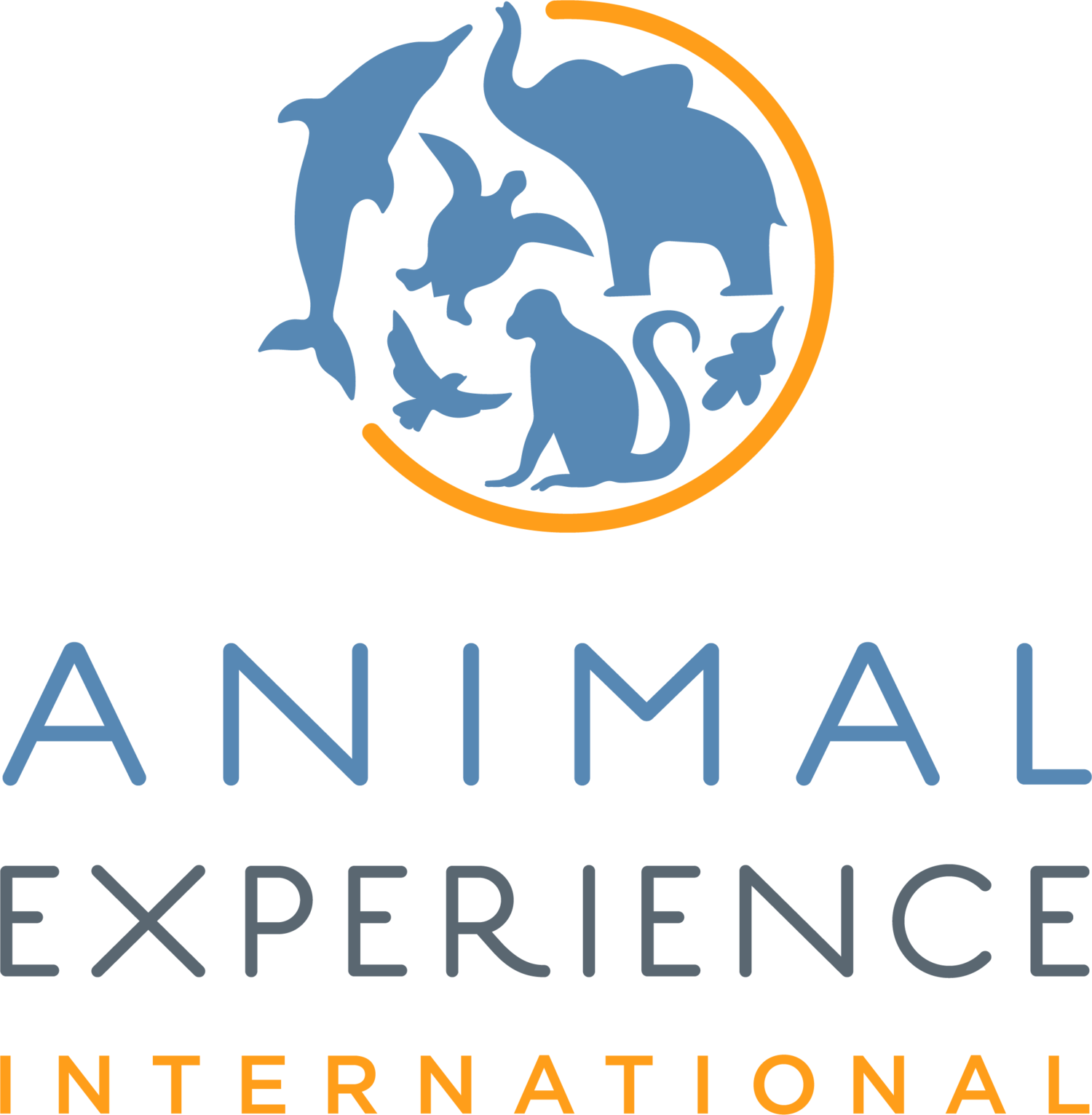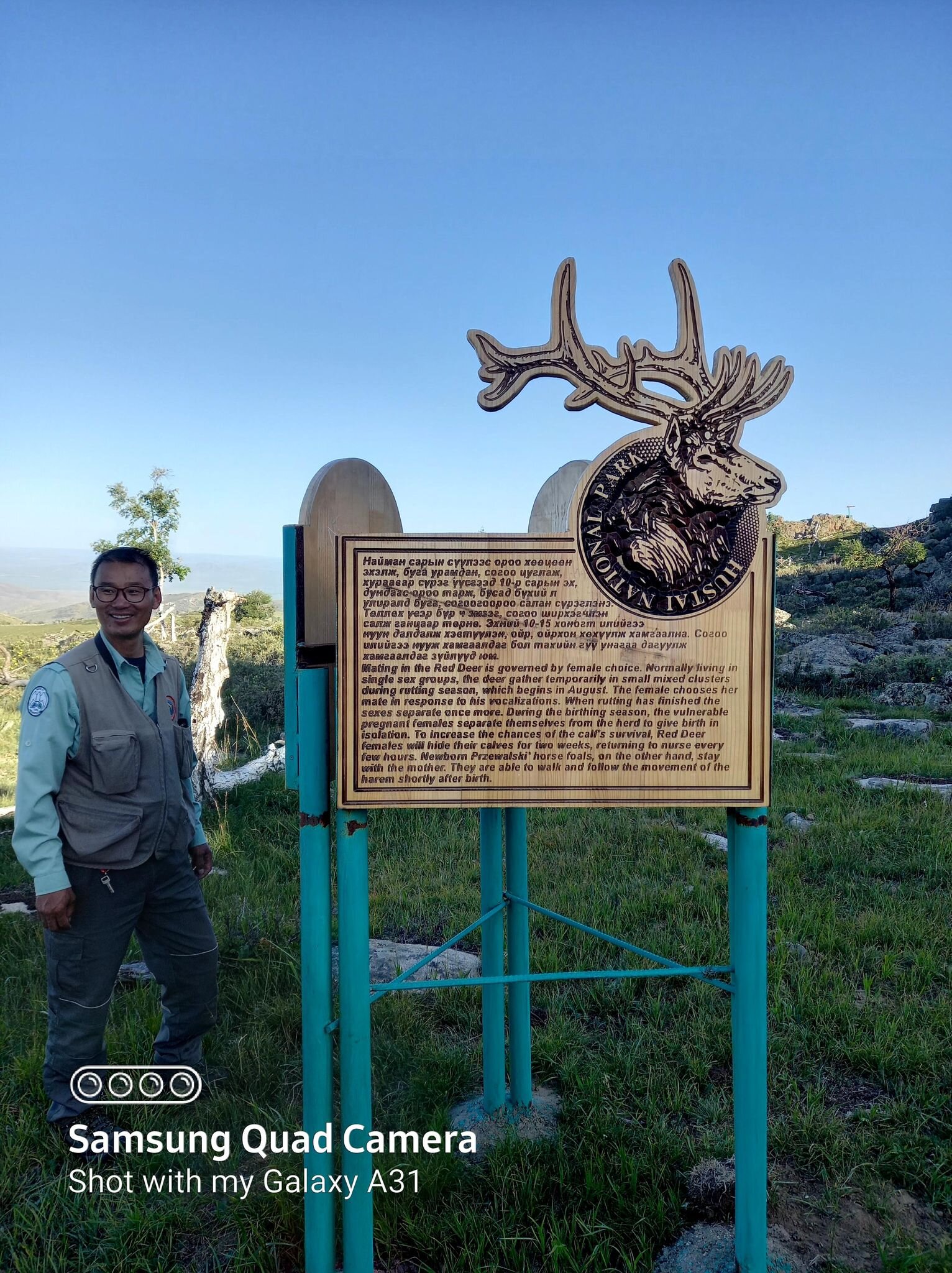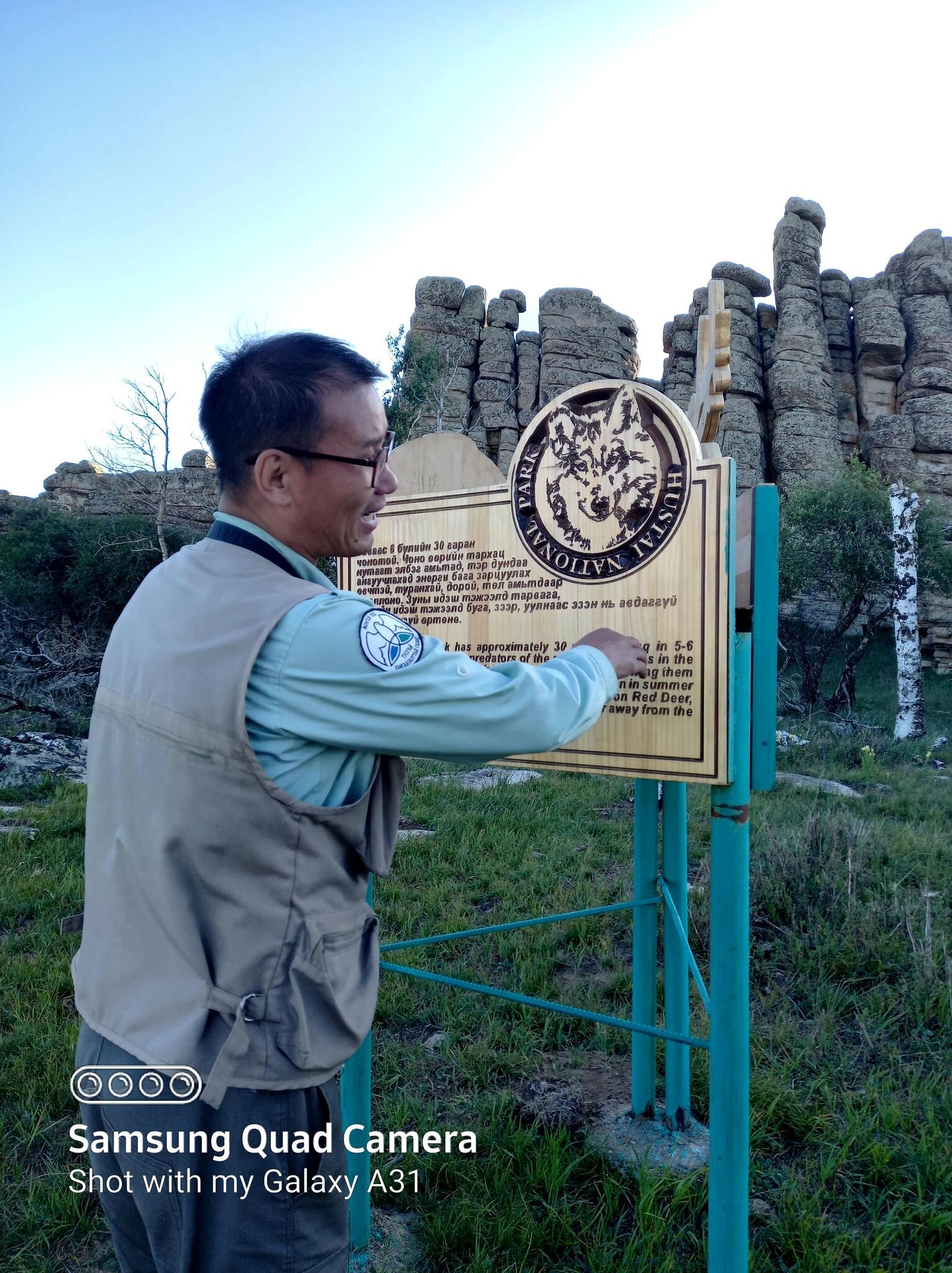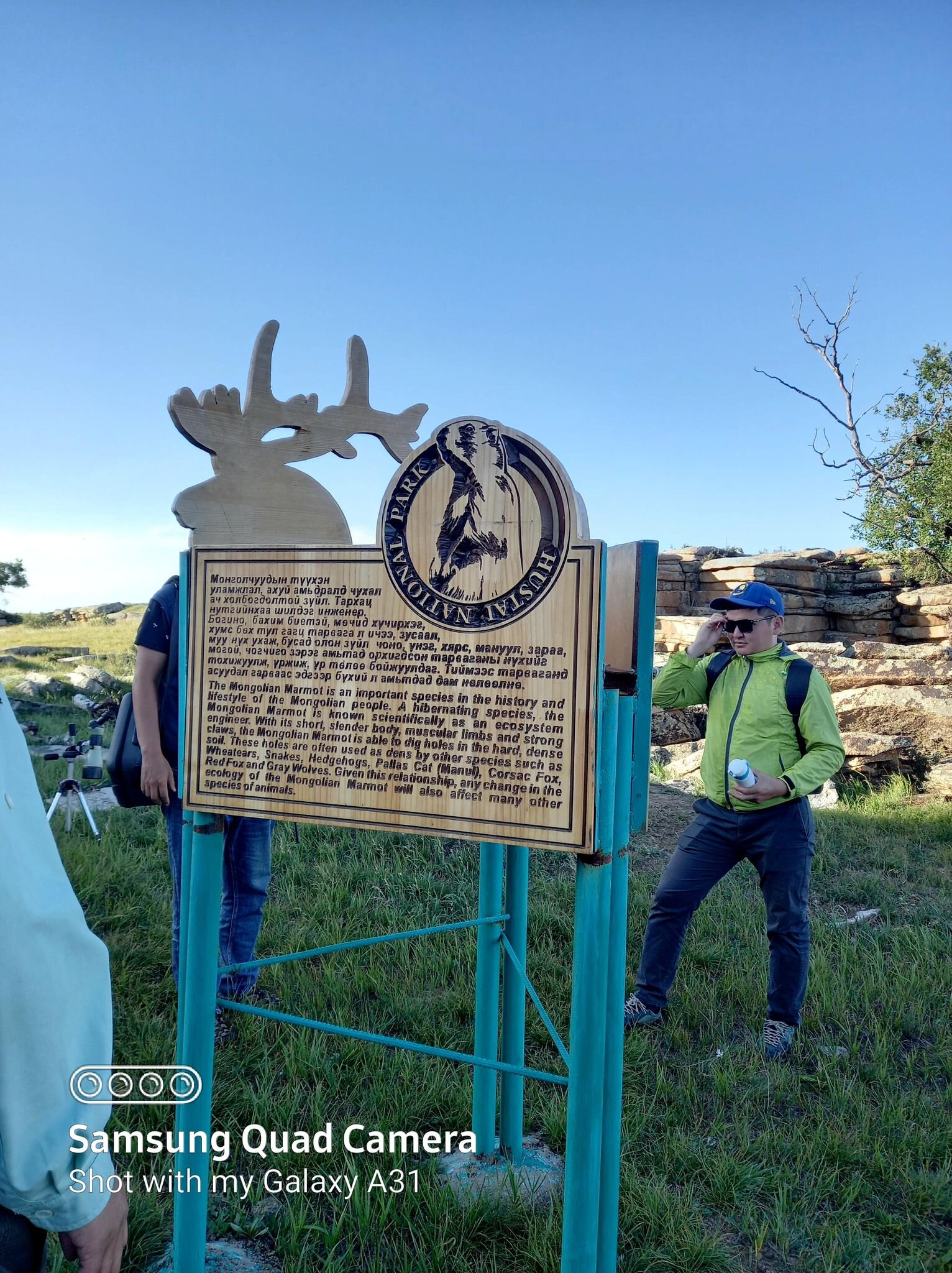Elephants - the largest land mammal on Earth and incredibly intelligent creatures. Elephants are highly social animals, living in matriarchal groups, with the matriarch (usually the oldest female) making the decisions for the herd. Male elephants leave the family group after adolescence to join bachelor herds or live on their own. Elephants are socially complex, seeming to understand how other elephants are feeling, demonstrating empathy, assisting each other and even mourning their dead.
African elephants and Asian elephants may live on different continents, but they are very similar in behaviour and appearance. African elephants tend to be larger, have bigger ears, a rounder head and a concave back compared to their Asian cousins. African elephants can live to be 70 years and Asian elephants can live up to 50 years in the wild.
Seeing an elephant for the first time, you will instantly understand why they are respected and revered - and at times feared. Elephants are massive, and they are incredibly strong. Adult males weigh up to six tonnes, while male Asian elephants can weigh up to five tonnes. These giants are vegetarians, eating a wide range of plant material, including grass, leaves, woody parts of trees and shrubs, roots, flowers and fruits when available. An adult needs to eat up to 150 kg (330 lbs) of food a day – that’s 50 tonnes a year!
Trunks and Tusks
Their most notable feature, their trunk, is an extension of the upper lip and nose, and is used for breathing, smelling, touching, grasping and producing sound. Baby elephants will even suck on their trunk to soothe themselves, like children will suck their thumb. The trunk is very muscular and a male elephant can use their trunk to lift a load of more than 250 kg. That's over 550 lbs! Their distinctive tusks are actually long upper incisor teeth, and are used as a tool to dig for food or water and to strip bark from trees. Tusks are also used as a weapon during fights with rivals, and by males to court females who appreciate larger tusks in their partners. Both male and female African elephants have tusks, while only some male Asian elephants have them. Female Asian elephants have shorter tusks called tushes.
Threats to Elephants
Ivory, which refers to the tusks, has been long treasured by humans, and is used to make luxury goods like jewellery and carvings, piano keys and billiard balls. Ivory is one of the main threats to the survival of the elephant species, as elephants are still hunted for their ivory tusks despite international bans and regulations. Asian elephants also face threats from tourist attractions where people pay to ride on their backs or to be entertained by performances. The hidden truth is that to make elephants submit to elephant rides and other human interactions, they are taken from their mothers when babies and forced through a horrific training process that essentially breaks their spirit. And the ongoing treatment of captive elephants is often appalling. As if this wasn't enough, elephants are also losing their habitats through the destruction of forests and the development of land. Elephants need large spaces in which to live and this loss has threatened their survival and pushed them into more conflict situations with humans.
We have the power
We have the power to help protect elephants. As tourists, as consumers and as animal lovers we can ensure we are not contributing to these problems and that we are actively supporting change. When traveling, or at home, do not buy or sell products that contain ivory. Do not support attractions that offer elephant rides or shows, and instead look for organizations that commit to offering elephant experiences with a high standard of elephant welfare and conservation, with responsible viewing of elephants in wild or semi-wild habitats.
Animal Experience International has taken a stand by pledging not to sell or promote cruel elephant activities, and to help to avert future crises by making this the last generation of captive elephants used for entertainment. AEI volunteers help at an Elephant Sanctuary in Thailand that provides refuge for rescued elephants, allows the elephants opportunities for normal socialization and upholds a high standard of care. You too can join the team and help provide care for these amazing creatures!








